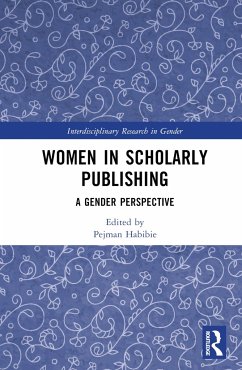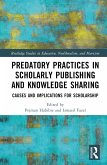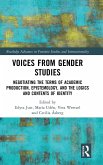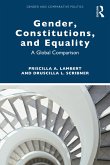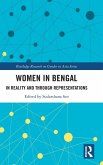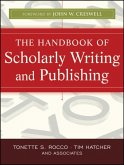Women in Scholarly Publishing explores the under-researched topic of gender and scholarly publishing. While often considered separately, the relationship between gender and scholarly publishing has been neglected. Bringing together experts across applied linguistics, this book brings to the fore the challenges and opportunities faced by female academics in both Anglophone and non-Anglophone contexts as they participate in the production and dissemination of knowledge.
Contributors show how female scholars' production and dissemination of knowledge intersect with gendered structures and disciplinary cultures in complex ways. The key strands of work that this volume seeks to bring together include essentialism in gender studies and alternative perspectives on how gender should be viewed and studied in knowledge production and dissemination; the specific ways in which the labour and conditions surrounding scholarly publication are gendered or perceived as gendered; the examination of discourses, texts and genres from a gender perspective; and the continuing gendered and gendering impacts on career trajectories of women academics. While women's barriers are documented across geopolitical contexts, the book also shows how norms, policies and practices can be challenged and alternative futures imagined.
The book will be of interest to researchers, practitioners, institutional decision-makers, writing mentors, early-career scholars and graduate students in a variety of fields.
Contributors show how female scholars' production and dissemination of knowledge intersect with gendered structures and disciplinary cultures in complex ways. The key strands of work that this volume seeks to bring together include essentialism in gender studies and alternative perspectives on how gender should be viewed and studied in knowledge production and dissemination; the specific ways in which the labour and conditions surrounding scholarly publication are gendered or perceived as gendered; the examination of discourses, texts and genres from a gender perspective; and the continuing gendered and gendering impacts on career trajectories of women academics. While women's barriers are documented across geopolitical contexts, the book also shows how norms, policies and practices can be challenged and alternative futures imagined.
The book will be of interest to researchers, practitioners, institutional decision-makers, writing mentors, early-career scholars and graduate students in a variety of fields.

